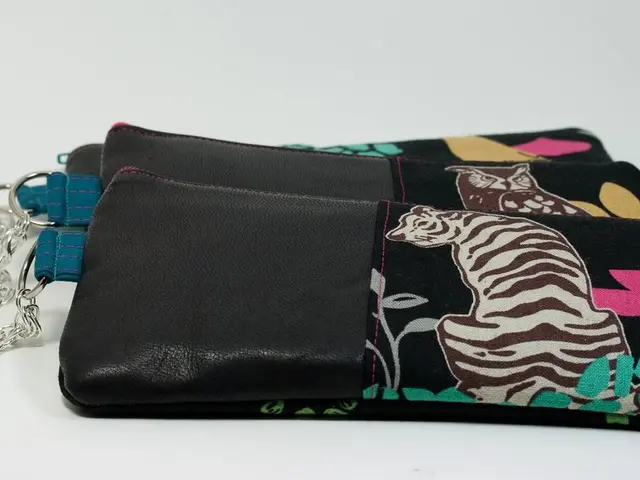U.S. Authorities Impose Sanctions on Iranians for Selling Over $100 Million worth of Oil through Cryptocurrency
The U.S. Treasury Department has announced a new round of sanctions against several Iranian entities, including two Iranian nationals, Alireza Derakhshan and Arash Estaki Alivand, and a slate of Hong Kong and United Arab Emirates-based companies. The sanctions come as a response to allegations that these entities have been funneling money from illicit oil sales to Iran's Islamic Revolutionary Guard Corps-Quds Force (IRGC-QF) and Ministry of Defense and Armed Forces Logistics (MODAFL). Alireza Derakhshan and Arash Estaki Alivand are central figures in moving over $100 million in cryptocurrency tied to Iranian oil sales since 2023. The Treasury Department stated that these individuals used front companies in Hong Kong and the UAE to disguise the flows. The sanctions are aimed at dismantling the financial scaffolding that allows the IRGC and MODAFL to finance weapons development and regional proxy groups. In addition to the individuals, several cryptocurrency wallets tied to the IRGC have also been targeted. The U.S. has also imposed sanctions on a number of Iranian-linked oil tankers and 187 cryptocurrency wallets. Crypto has become a parallel channel for moving value quickly and discreetly across borders, according to Angela Ang, APAC head of policy and strategic partnerships at TRM Labs. The network is also linked to Hezbollah-affiliated financial operators and Syria's Al-Qatirji Company, previously sanctioned for aiding the IRGC-QF. The system is said to launder billions of dollars through front companies and cryptocurrency exchanges. Dozens of shell firms, including Alpa Trading in Dubai and Alpa Hong Kong Limited, were also blacklisted. The IRGC-QF was first designated by the U.S. in 2007 for supporting terrorist groups, while its parent organization, the IRGC, was blacklisted in 2017. MODAFL, which oversees weapons development, was sanctioned in 2019. The sanctions expand Washington's campaign against Iran's shadow banking system. John K. Hurley, the undersecretary of the Treasury for Terrorism and Financial Intelligence, said, 'Iranian entities rely on shadow banking networks to evade sanctions and move millions through the international financial system.' The explicit targeting of blockchain activity reflects a larger strategic shift in the U.S.'s approach to Iran's sanctions evasion. The Treasury Department has described 'familiar patterns' in Iran's use of crypto payment rails, including converting fiat into stablecoins like USDT or TRX, fragmenting the trail through layers of intermediary wallets, and off-ramping funds through exchanges with weak compliance oversight. The search results do not contain information about the name of the person blocked by the USA in July 2023 for involvement in a shadow banking scheme related to Iranian oil sales and cryptocurrency transactions for IRGC-QF and MODAFL. However, the sanctions mark a significant escalation in the U.S.'s efforts to curb Iran's ability to evade international sanctions through cryptocurrency and other digital means.
Read also:
- Musk threatens Apple with litigation amidst increasing conflict surrounding Altman's OpenAI endeavor
- Innovative Garments and Accessories Producing Energy: Exploring Unconventional Sources for Renewable Power
- BMW's Debrecen Plant Unveiled: Birthplace of the iX3 and New Class Models
- Electrified Opel Corsa GSE Concept (2025): Echoing the Performance of Lamborghini







